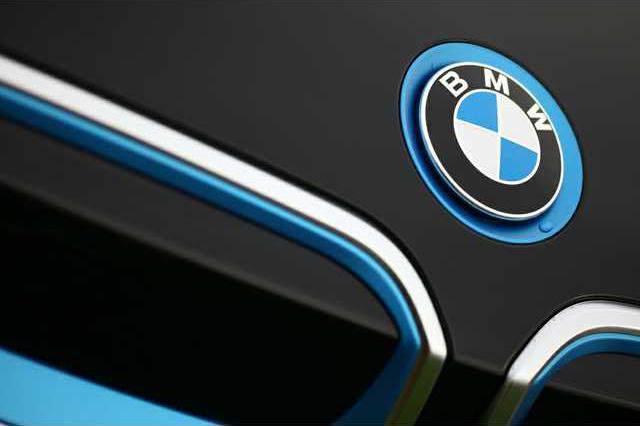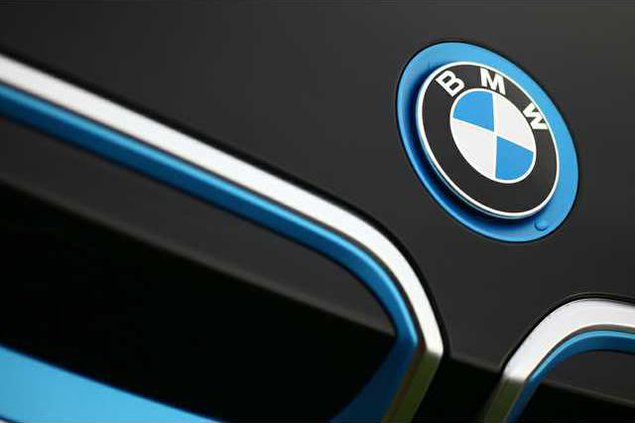Unlocking your car with your smartphone is no longer an idea of the future.
BMW revealed a new smartphone-enabled car that allows people to lock and unlock their vehicle with the help of their smartphone, according to Mashable.
The new service, called BMWs Digital Key, will be available to customers who own a BMW car made after 2016 and have Samsung phones.
The drivers must use the BMW Connected app, which will allow them to open their car with a push of a button.
And dont worry about losing your phone/key. You can assign up to five copies to your friends who also have Samsung smartphones.
According to Government Technology, BMW also announced a new eSIM, which will be installed in all new BMW cars built from 2016 on. The eSIM allows the cars to connect to Wi-Fi and, thus, smartphone devices. It also allows drivers to make calls directly from their cars.
In a separate announcement, BMW unveiled a new autonomous concept car that people can summon with the help of their smartphone, according to TechCrunch.
The concept car allows people to call their car to pick them up. Then, from the back seat, they can use the vehicles entertainment system and enjoy the ride without having to drive. This is still a few years away, though, according to TechCrunch.
The entertainment system also lets you control some of the vehicles functions like a headlight flasher, door locking and unlocking, and for good effect the horn. Once you make it to your destination, you get out, lock the doors and the car heads off to find a parking spot for itself, TechCrunch reported.
BMW revealed a new smartphone-enabled car that allows people to lock and unlock their vehicle with the help of their smartphone, according to Mashable.
The new service, called BMWs Digital Key, will be available to customers who own a BMW car made after 2016 and have Samsung phones.
The drivers must use the BMW Connected app, which will allow them to open their car with a push of a button.
And dont worry about losing your phone/key. You can assign up to five copies to your friends who also have Samsung smartphones.
According to Government Technology, BMW also announced a new eSIM, which will be installed in all new BMW cars built from 2016 on. The eSIM allows the cars to connect to Wi-Fi and, thus, smartphone devices. It also allows drivers to make calls directly from their cars.
In a separate announcement, BMW unveiled a new autonomous concept car that people can summon with the help of their smartphone, according to TechCrunch.
The concept car allows people to call their car to pick them up. Then, from the back seat, they can use the vehicles entertainment system and enjoy the ride without having to drive. This is still a few years away, though, according to TechCrunch.
The entertainment system also lets you control some of the vehicles functions like a headlight flasher, door locking and unlocking, and for good effect the horn. Once you make it to your destination, you get out, lock the doors and the car heads off to find a parking spot for itself, TechCrunch reported.








